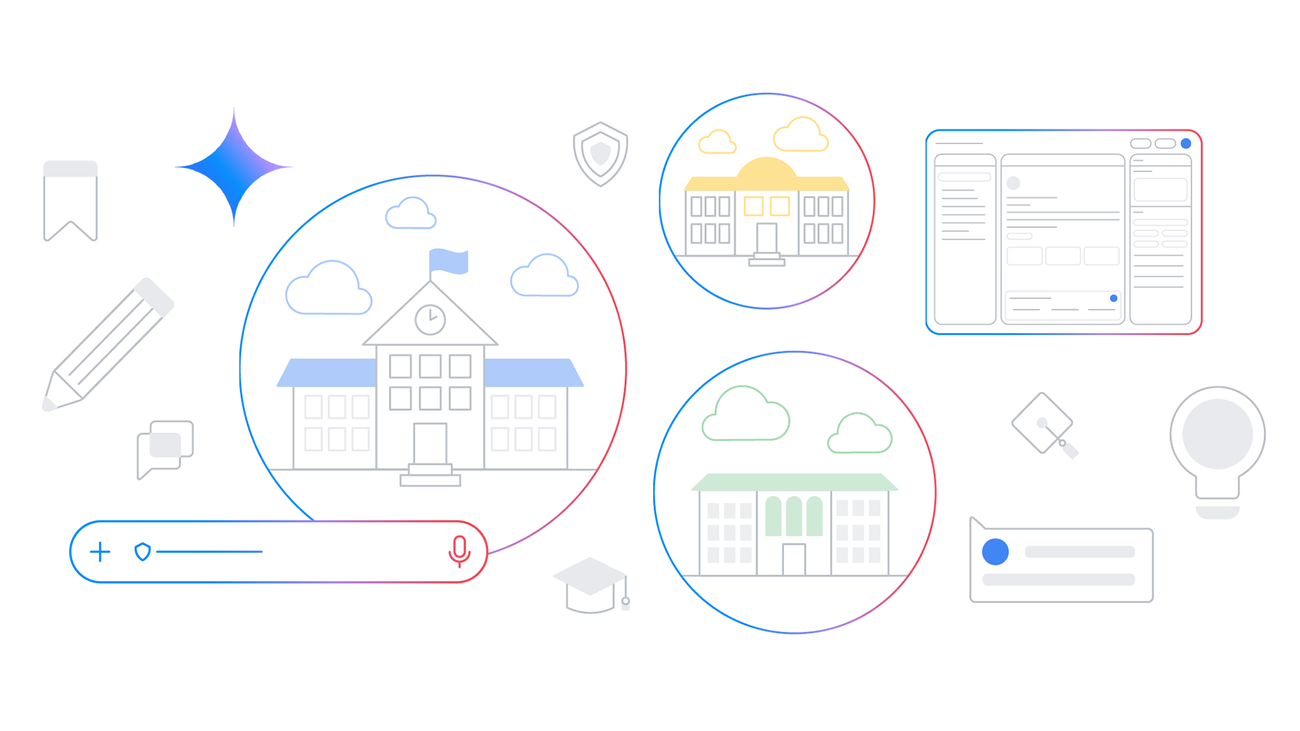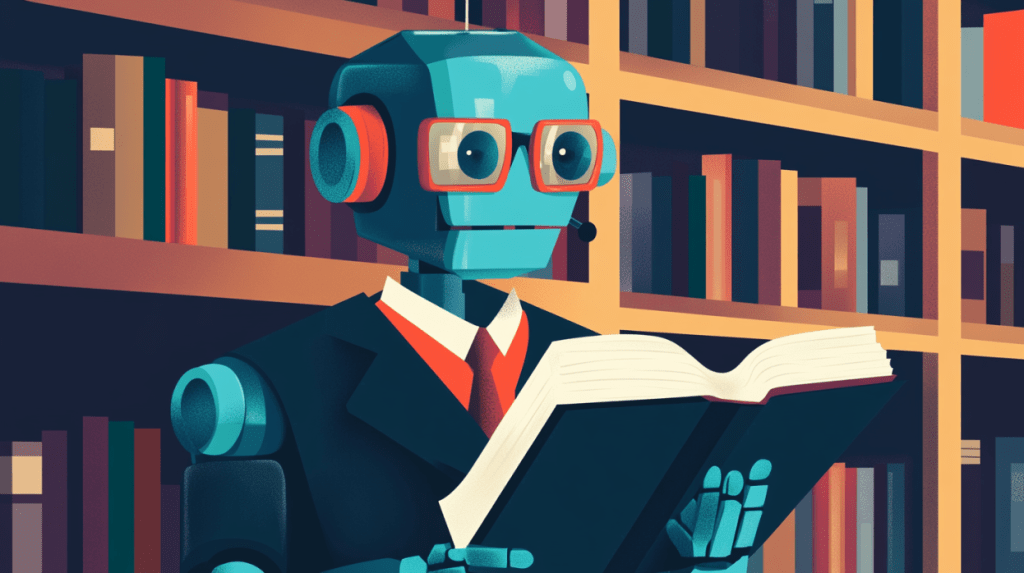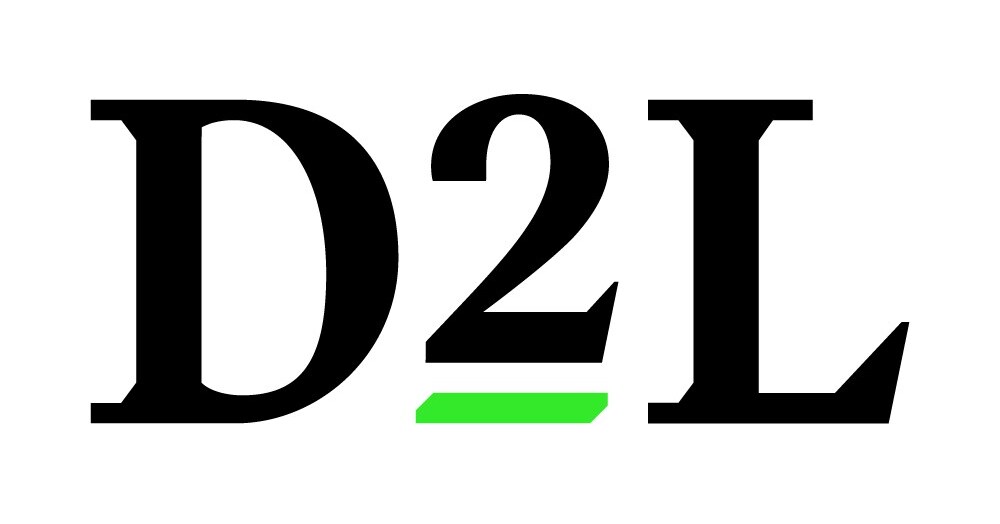
How Miami Schools Are Leading 100,000 Students Into the A.I. Future
After initially banning artificial intelligence chatbots, Miami-Dade County Public Schools, the third-largest U. S.

After initially banning artificial intelligence chatbots, Miami-Dade County Public Schools, the third-largest U. S.

Educational institutions are leveraging Google AI tools like the Gemini app and NotebookLM to enhance learning and administrative efficiency, with applications ranging from real-time study assistance and personalized lesson planning to large-scale data analysis and policy crafting. These tools are helping students and staff streamline tasks, improve engagement, and prepare for future work environments where AI proficiency is essential.


A study by NYU Langone Health found that AI tools like ChatGPT, Gemini, and Claude significantly improve the readability of online patient education materials, making them more accessible by lowering their reading levels closer to the recommended grade 6. The research demonstrated that these AI-driven improvements can transform complex medical texts into simpler language, enhancing patient empowerment and health outcomes, and are already being tested in real-world applications such as hospital discharge instructions.


OpenAI is offering its premium ChatGPT Plus service for free to college students in the US and Canada until May 31, aiming to familiarize students with AI tools. This initiative, alongside the introduction of ChatGPT Edu, suggests OpenAI's focus on integrating AI into educational settings, though experts emphasize the importance of teaching students how to responsibly use these technologies.

OpenAI has made its premium ChatGPT Plus subscription free for college students in the U. S.


Advancements in AI, such as the Scopus AI tool, are transforming academic research by streamlining the process of gathering and summarizing information from databases, which is now accessible to Baylor students and faculty. While some, like Billie Peterson-Lugo, see these tools as beneficial for enhancing research efficiency, others, like doctoral candidate Peter McDonald, express concerns about their accuracy and reliability.

Madison Williams-Hoffman, a doctoral student, faced issues when an AI-generated Q&A section inaccurately summarized her research on radioactive particles from Britain's atomic bomb tests, claiming it was based on only three measurements instead of 51. This error highlighted concerns about the accuracy of AI-generated content in academic publishing, with Elsevier acknowledging the mistake and removing the section after a trial, while emphasizing the potential of AI tools to assist researchers.

A study by D2L and the Online Learning Consortium reveals that higher education students are increasingly using AI as a study partner to enhance creativity and efficiency, while also seeking more guidance from faculty on its application. The research emphasizes that although AI can facilitate engagement with course materials, it cannot replace the essential relationships between educators and students.